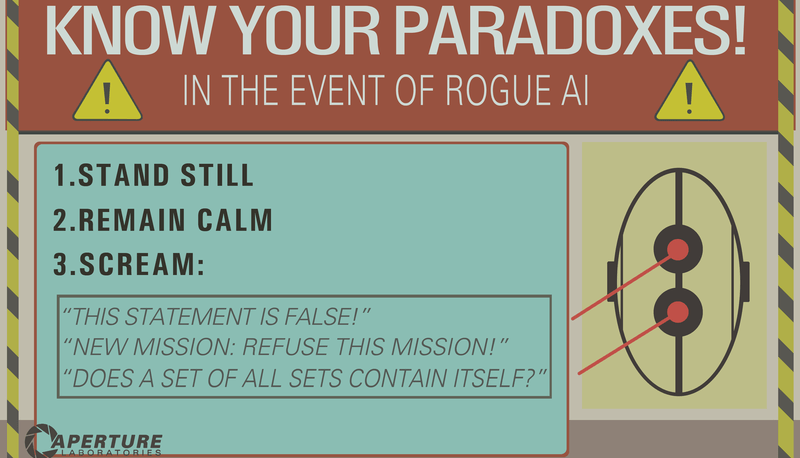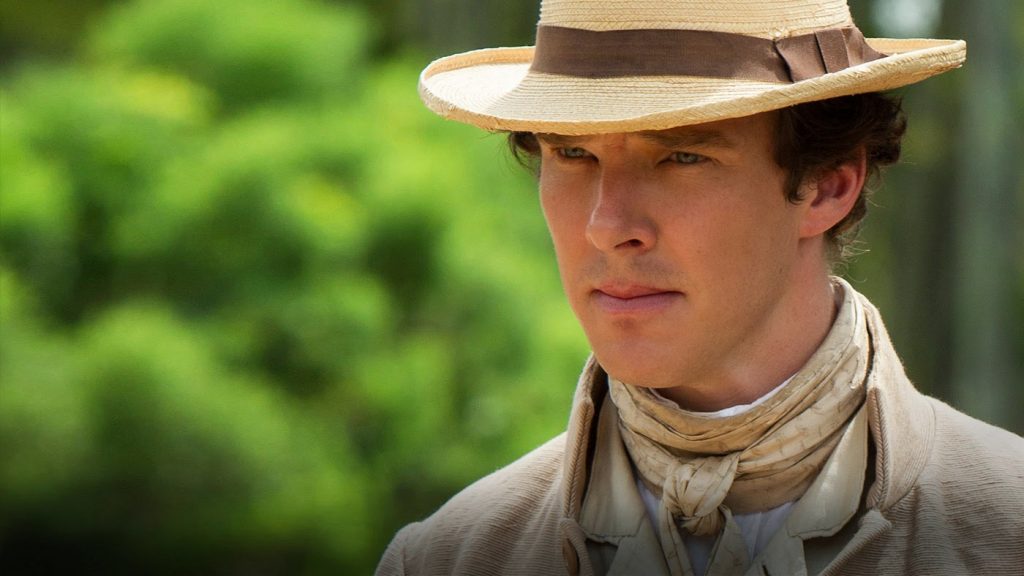This continues our series on the uses and importance of history. For our previous article on the topic, click here
If you didn’t sleep through your Psychology 101 course (and I didn’t… entirely…), you may be familiar with the theory of the Mirror Stage of child development. To recap: the Mirror Stage was proposed as a crucial part of child development by Jaques Lacan in the 1930s. Lacan proposed that at the age of about 6 months, a child begins to become fascinated with images of themselves in a mirror (or any reflective surface), but it takes them until about 15 to 18 months until they consistently recognize that what they are seeing is their own body. If you have children, or are allowed to borrow any occasionally, you probably can recognize this.
Lacan however, as was his wont, went beyond a simply mechanical understanding of this child development phase and applied it to a concept altogether more abstract. To Lacan, the Mirror Stage was a crucial moment—perhaps even a crisis— in a human’s developing subjectivity. To him, a child coming to terms with itself in the mirror was a shocking revelation that our “self” is not just a free-floating sort of consciousness, but is contained within a body that is both crucial to and external from that self; in his terms, that there is a separation between the body and the Ego.
The problem with narcissists then, in these broadly Freudian/Lacanian terms, is that they have not successfully moved past this phase of development—that they can’t look away from the mirror.
This obsession with ourselves, however, is far more common than that, and not limited to compulsive mirror-gazers. We all suffer from a related concept also explored by psychologists—the False-Consensus Effect. You certainly are familiar with it—the false-consensus effect is the tendency for people to incorrectly assume that other people are just like them—share their opinions, their beliefs, even their way of thinking.
It can lead you to think that yours is not just the right opinion, but the only one. Dangerous, indeed.
This error is rampant in politics; rich candidates for office have been particularly vulnerable to it, assuming that everyone shares their rarified lifestyle, and one response to it is the “check your privilege” meme. This has led to gaffes and idiocy in debates as wide ranging as the minimum wage to foreign policy.
“We will, in fact, be greeted as liberators.”
History and the Mirror
And so, I come to the nut of it. The second way that studying history is useful is that it helps you to resist the false-consensus effect. When studying history, we encounter people who are, in ways large and small, fundamentally unlike us. They are not just separated from us in time. They have a fundamentally different way of looking at the world that informs what they believe to be right and wrong, how they live, and what they value.
This is a core tenet not just of history but of certain fields of sociology. To quote Peter Berger and Thomas Luckmann’s fantastic seminal work, The Social Construction of Reality, “What is ‘real’ to a Tibetan monk may not be ‘real’ to an American businessman.” In other words, even reality itself is subjective, and socially-defined.
Intensely studying the lives of people fundamentally different from yourself can be a useful corrective. It is a reminder that our perspectives are not just shaped by ourselves but by our times, and reminds us that we are not the final arbiters of reality and truth. In short, studying history can help us to shatter Narcissus’ mirror.
So, to again use the metaphor of the imagined dinner party—when asked why you study the past, you could do better than to reply: “Studying history reminds me that not everyone is like me. It helps me be less egocentric.”
The Paradox of History

For those regular readers, this may seem to fly in the face of what I wrote before about empathy. I can’t possibly have it both ways—history can’t possibly allow us to see ourselves in others and also recognize their fundamental difference from ourselves, can it?
To me, that is the fundamental tension inherent in history, both as an academic discipline and on a more philosophical level. It is the tension between recognizing people’s fundamental and specific difference from us – historicizing them – and recognizing their inherent similarity to us – empathizing with them. One arm pushes them away, one arm draws them closer. One views history as a social science, one as one of the humanities.
In reality, it is something of both. It is impossible to create histories—rendering limited evidence into logical narratives—without using a well-informed imagination. And that imagination is based, in large or small ways, upon empathy. But only using imaginative empathy when writing history can lead to wild flights of fantasy, or perhaps the cardinal sin of history-making: anachronism.
So, whether we acknowledge it or not, all historians must strike a balance between those extremes. How that is accomplished is what ultimately decides an individual historian’s style, perspective, and methodology. And this is, in large part, what I try to explain to my students when they ask how two historians could possibly come up with equally-valid but totally contradictory interpretations of the same evidence.
Yes, it’s a paradox. But unlike what some of the complainers in my class might say, this is not a weakness, but one of its key strengths.
How do you balance the two?



